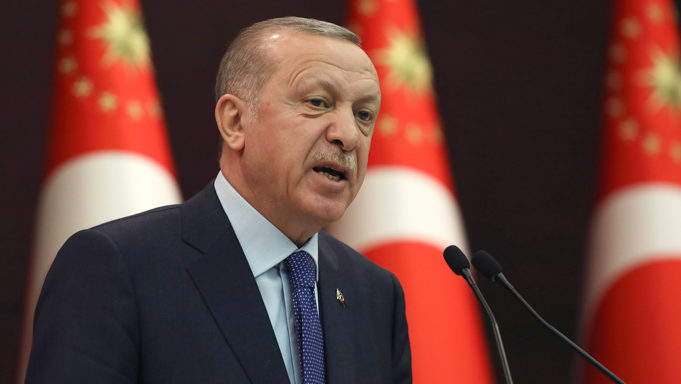
“There are no problem that we can’t solve with Greece,” Turkish President Recep Tayyip Erdogan said once again.
On his return from Berlin, speaking to Turkish journalists, he reaffirmed his determination to keep a low profile towards Greece, something he has been trying to prove since last February, right after the devastating earthquakes in Turkey.
The Turkish president referred to the Greek-Turkish relations in view of the Supreme Cooperation Council that will be held on December 7 in Athens, noting his wish for the start of a new process between Greece and Turkey, which because they are two important countries in the region, their interests are natural to are in the same direction
Even if the positions of the two sides do not change, they are trying to avoid inflammatory rhetoric.
Erdogan referred to Greek-Turkish relations in view of the Supreme Cooperation Council, which is planned to take place on December 7 in Athens and not in Thessaloniki, noting his wish for the start of, as he said, a new process between Greece and Turkey which, because they are two important countries in the region, their interests are naturally in the same direction.
He also argued that the two sides can resolve their differences giving priority to dialogue, a dialogue which, as the Turkish president has emphasized several times, must take place without the intervention of third countries.
“We want to reduce enemies and increase friends” repeated the Turkish president to argue that “as countries in the region, if we exclude from the process third countries that approach the issue with the logic of profit and bargaining, we have no problem which we cannot resolve.”
For Athens, it is clear that there is a good atmosphere in the relations between the two countries at this time, but the real progress will depend on the positions they will take at the negotiating table on the maritime zone dispute.
They insist on one step at a time and note that problems are not solved overnight.
However, Greek diplomacy also invests in the good climate, which it wants to maintain as long as possible, even if solutions do not become immediately possible.

Aggressive rhetoric from the Turkish Navy Chief
Indicative of the fact that Turkey sticks to its fixed positions, which include the gray zones and the demilitarization of Greek islands, is that active military personnel, such as the head of the Navy Erzumed Tatlioglu, return to them from time to time in public, confirming that and Ankara has no intention of giving up its claims.
Tatlioglou attacked Greece for its weapons program, referring both to the acquisition of the Bell@ara frigates, the Rafale fighters, but also to the Mutual Defense Cooperation Agreement with the USA, noting that there are three large American bases on Greek soil.
He claimed that Greece is militarizing islands that should have been demilitarized, while he referred to “islands and rocky islets, whose sovereignty and ownership is disputed. They try to make them their own, visiting them as if they were their own islands.”
Even in the calm climate between Greece and Turkey, the said “disagreements” have their own role to remind that Ankara has not abandoned its positions, at the same time that Athens also emphasizes that it sticks to its own red lines.
The Bacheli factor
The Supreme Cooperation Council is characterized as the next milestone in the contacts between the two sides, which will determine the next steps, while both Athens and Ankara want to conclude with the signing of specific agreements that will strengthen the trust between the two sides.
With one of the questions being what role Devlet Bakhceli – Erdogan’s far-right partner and head of the Nationalist Action Party – will want to play in the Greek-Turkish dialogue and whether he will want to boobytrap it, indirectly or directly, throwing spanners in the gears of the state machine.
Latest News

IMF: US Tariffs Shake Global Economy, Outlook Downbeat
IMF slashes global growth forecast to 2.8% as U.S. tariffs create uncertainty and ‘negative supply shock

First Step Towards New Audiovisual Industry Hub in Drama
The project is set to contribute to the further development of Greece’s film industry and establish Drama as an audiovisual hub in the region

Airbnb Greece – Initial CoS Ruling Deems Tax Circular Unlawful
The case reached the Council of State following annulment applications filed by the Panhellenic Federation of Property Owners (POMIDA)

Mitsotakis Unveils €1 Billion Plan for Housing, Pensioners, Public investments
Greek Prime Minister Kyriakos Mitsotakis has announced a new set of economic support measures, worth 1 billion euros, aiming to provide financial relief to citizens.

Alter Ego Ventures Invests in Pioneering Gaming Company ‘Couch Heroes’
Alter Ego Ventures' participation in the share capital of Couch Heroes marks yet another investment by the Alter Ego Media Group in innovative companies with a focus on technology.

Corruption Still Plagues Greece’s Driving Tests
While traffic accidents continue to claim lives on Greek roads daily, irregularities and under-the-table dealings in the training and testing of new drivers remain disturbingly widespread

Pope Francis Died of Stroke and Heart Failure Vatican Confirms
As news of the official cause of death spread, tributes poured in from across the globe. The 1.4 billion-member Catholic Church is united in grief, remembering a pope who championed inclusion, justice, and compassion

Increase in Both Museum Visits, Revenues for 2024
As expected, the Acropolis was the top archeological site in the country, followed by Sounion, Mycenae, the ancient theater of Epidaurus, and Vergina in northern Greece

Where Greece’s Tourists Come From: A Look at 2025’s Top Visitor Markets
The United Kingdom continues to hold the top spot as the largest source of incoming tourism, with 5.6 million seats booked for Greece this summer — up 2.2% from last year. This accounts for 20% of all international air traffic to Greece

Pope Francis: A Pontiff Who Reshaped the Papacy and Sparked a Global Conversation
His first words from the balcony of St. Peter’s Basilica—“Brothers and sisters, good evening”—set the tone for a pontificate that would challenge norms, favor mercy over dogma, and bring the papacy closer to the people.

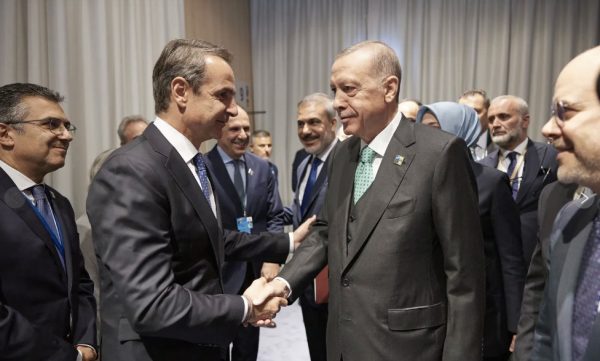











![Πλημμύρες: Σημειώθηκαν σε επίπεδα ρεκόρ στην Ευρώπη το 2024 [γράφημα]](https://www.ot.gr/wp-content/uploads/2025/04/FLOOD_HUNGRY-90x90.jpg)



![Ξενοδοχεία: Μεγάλο το ενδιαφέρον για επενδύσεις στην Ελλάδα – Η θέση της Αθήνας [γραφήματα]](https://www.ot.gr/wp-content/uploads/2025/03/Athens-hotels-90x90.jpg)








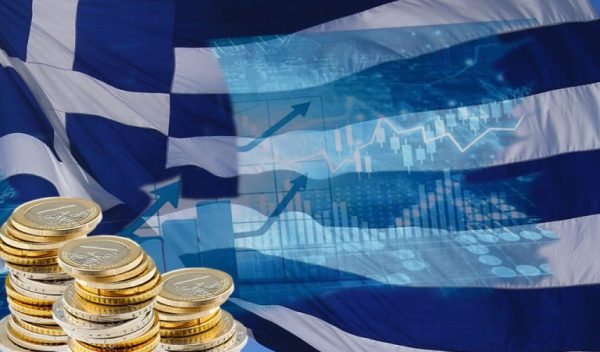
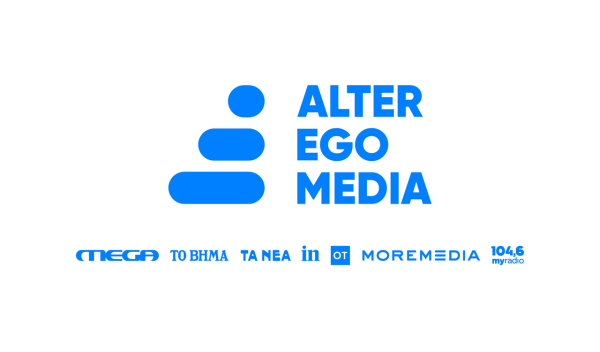

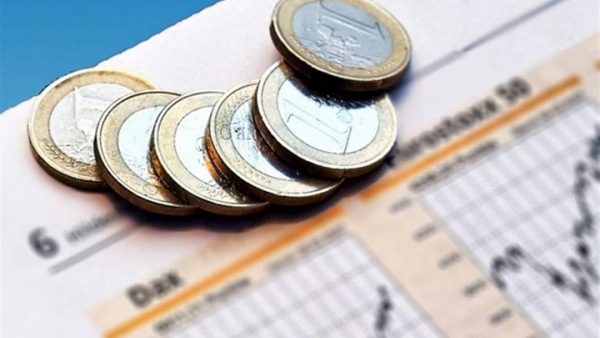
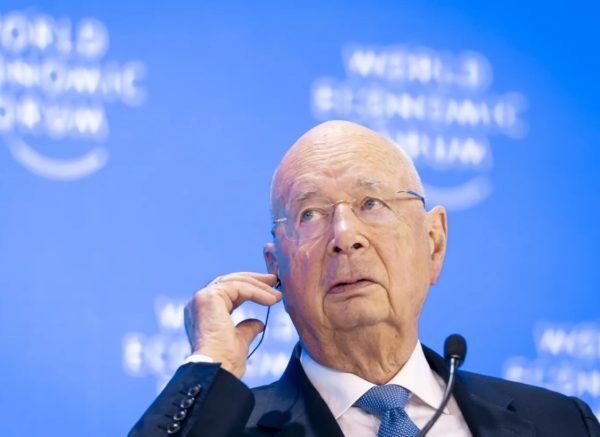
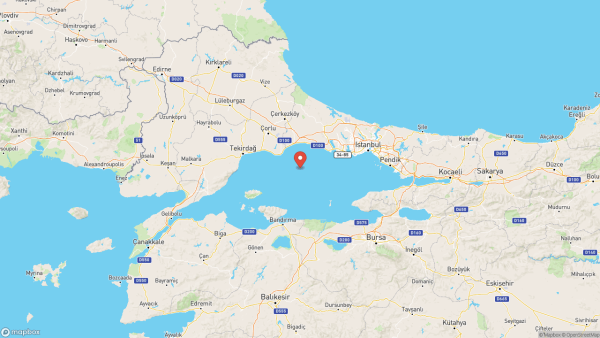










 Αριθμός Πιστοποίησης
Αριθμός Πιστοποίησης